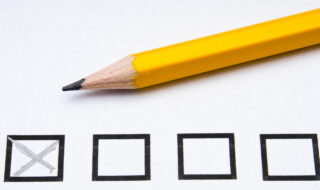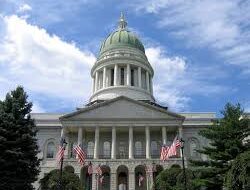Topics:
September 29, 2023 Last Edit: June 5, 2025
Trips to the hardware store, catching the game at your favorite local restaurant, and much more just got pricier.
Coming Sunday: Metro Sales Tax Hike Takes Effect, Will Cost Minnesota Consumers, Small Business Nearly $3 Billion Over 4 Years
- The most recent data from NFIB’s Small Business Economic Trends shows that inflation remains a top concern for small business owners.
- Higher sales taxes hit small businesses on both ends. Minnesota’s Tax Incidence Study shows that 50% of general sales tax revenue is paid by businesses and higher sales taxes reduce customer purchasing power.
- The Metro Area Sales Tax hike was part of a suite of tax and fee increases this year that will cost Minnesotans nearly $10 billion over the next four years, including a higher gas tax, vehicle sales tax, vehicle registration fees, retail delivery fee, and new payroll tax.
State:
Get to know NFIB
NFIB is a member-driven organization advocating on behalf of small and independent businesses nationwide.
Related Articles

March 3, 2026
Small Business Deduction Champion Award Presented to Sen. Roger “Doc” Marshall
NFIB presented the award to members of Congress who played a crucial role in making the 20% Small Business Deduction permanent
Read More


March 3, 2026
Poll: Hands Off Prop. 13; ADA Needs Reforming
Small business owners speak up on four questions asked by NFIB
Read More


March 2, 2026
TAKE ACTION: Urge Governor Lujan Grisham to Stop the Business Tax Hike
Take action today and tell the Governor to line-item veto the tax increase in SB 151.
Read More








